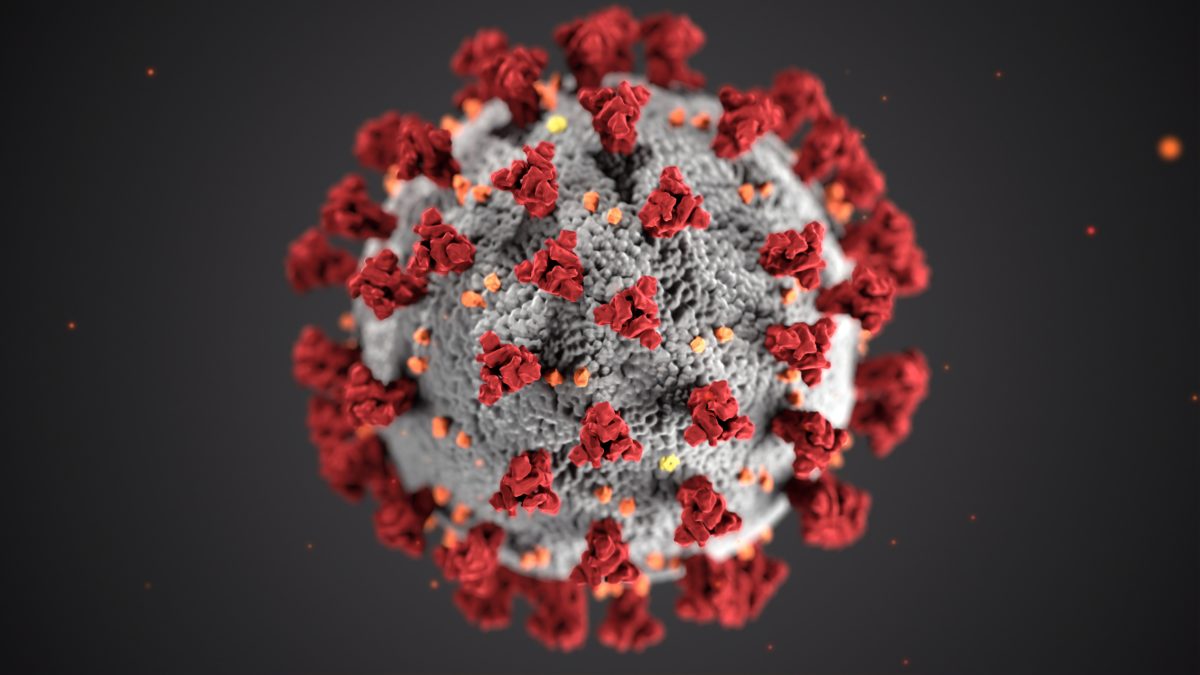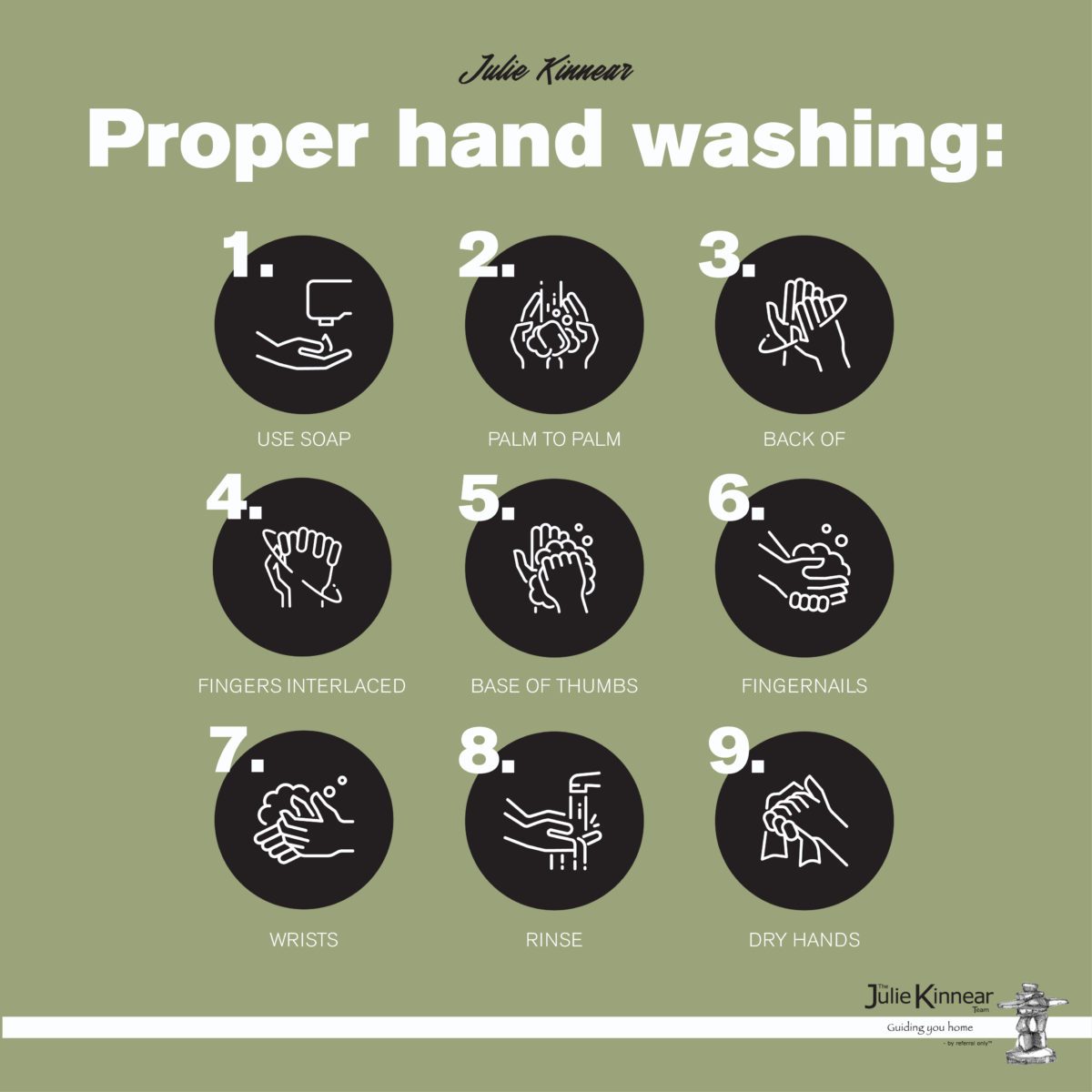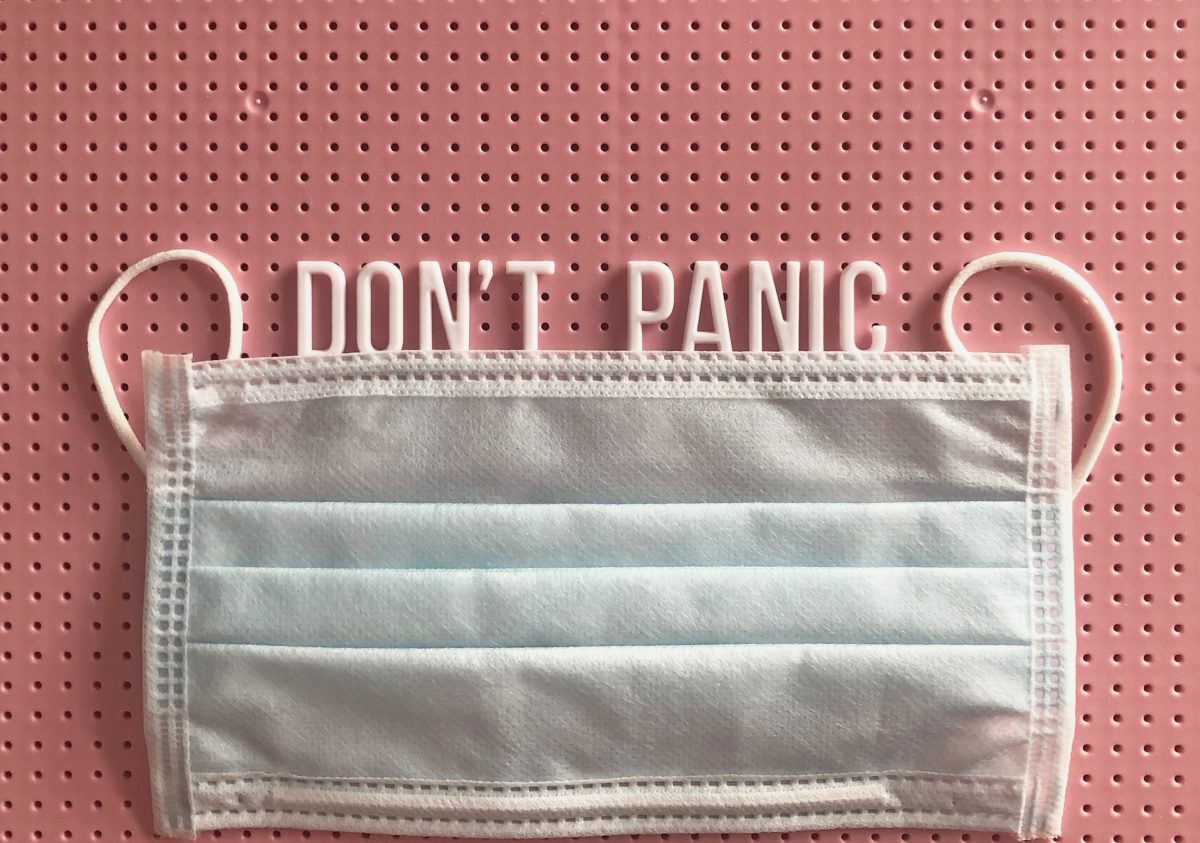Canada and the world has a new disease spreading called Coronavirus (or COVID-19). Here is some information that might be useful for you and your family about it. Stay safe, stay responsible and wash your hands!
What is COVID-19?
Coronavirus disease 2019 (COVID-19) is a new respiratory illness that can spread from person to person, first identified in Wuhan, China. Although potentially originating from an animal, the virus is currently spreading from person to person. It can mainly spread between people within a close contact (about 6 feet) through respiratory droplets produced when an infected person coughs or sneezes. It also may be possible that a person can get COVID-19 by touching a surface or object that has the virus on it and then touching their mouth, nose, or possibly their eyes.
For any new information and case monitoring visit official Canada.ca site.
What are the symptoms?
COVID-19 have had mild to severe respiratory illness, so some of the symptoms can manifest as those of a common cold. The main are:
- fever
- cough
- shortness of breath
The more severe symptoms can include pneumonia in both lungs, multi-organ failure and in some cases death.
Who is at risk?
Healthy people with good immunity will probably be able to pass the illness at home. However there are risks groups, that should be on a lookout for starting symptomps:
- people aged 65+
- people with compromised immune systems
- people with underlying medical conditions
How to protect yourself?
The main way to stop the virus from spreading is avoiding sick people until they are completely asymptomatic. Avoid close contact with people who are sick. Avoid visiting the doctor or emergency room if it's not really necessary. Avoid public areas and areas full of people. For people able to work from home, it's advised.
Since respiratory viruses, such as the one that causes COVID-19, are spread through contact, change how you greet one another. Don't shake hands, kiss or hug. Commute during off-peak hours, if you are using public transport and avoid grocery stores when they are crowded. Make sure you, and the people around you, follow good respiratory hygiene. This means covering your mouth and nose with your bent elbow or tissue when you cough or sneeze. Then dispose of the used tissue immediately.
Washing your hands often and properly is also mandatory Wash your hands with soap and water for at least 20 seconds. Use an alcohol-based hand sanitizer that contains at least 60% alcohol if soap and water are not available. Avoid touching your eyes, nose, and mouth with unwashed hands. Clean and disinfect frequently touched objects and surfaces, such as toys and door handles.
Wearing masks
If you are a healthy individual, the use of a mask is not recommended for preventing the spread of COVID-19. Wearing a mask when you are not ill may give a false sense of security. There is a potential risk of infection with improper mask use and disposal since the virus can survive on surfaces for a certain amount of time. The masks also need to be changed frequently and are currently in need of medical professionals.
However, your health care provider may recommend you wear a mask if you are experiencing symptoms of COVID-19 while you are seeking or waiting for care. In this instance, masks are an appropriate part of infection prevention and control measures. The mask acts as a barrier and helps stop the tiny droplets from spreading you when you cough or sneeze.
Social Distancing vs Quarantine
Quarantine
To limit the spread of COVID-19, the Government of Canada advises that you avoid all non-essential travel outside of Canada until further notice.
Those who travelled from one of the affected areas should remain in quarantine for at least 14 days to avoid spreading the virus. COVID-14 can be asymptomatic for the first weeks even if you already contracted it. If that person develops symptoms during this time, contact Telehealth Ontario at 1-866-797-0000, your local public health unit or your primary care provider and describe your travel and symptoms. Do not visit an assessment centre unless you have been referred by a healthcare professional, do not visit a hospital or your doctor, you may spread the virus to them. Do not call 911 unless it is an emergency.
Social Distancing
Social distancing is a term applied to certain actions that can be taken by the public to stop or slow down the spread of the virus. Putting yourself into self-imposed quarantine and staying home, cancelling your plans for a few weeks, avoiding public places like bars, restaurants, etc. and even working from home can help significantly slow the spread of the virus and help medical professionals have more time to prepare themselves.
Social distancing is not quarantine, you are not staying home because you might be carrying the virus and be asymptomatic, but it can be a tool on how to protect yourself and the others. It's advised to go for some fresh air once in a while but avoid public areas. However visiting your cabin in the woods, working in your garden or going for a walk with your dogs away from crowds is recommended.
Can my pet get COVID-19?
Good news, the World Health Organization issued a statement, that dogs and cats can't get the new Coronavirus. However, their coats can still transmit the disease, so avoid letting other people petting your pooch during this time.




